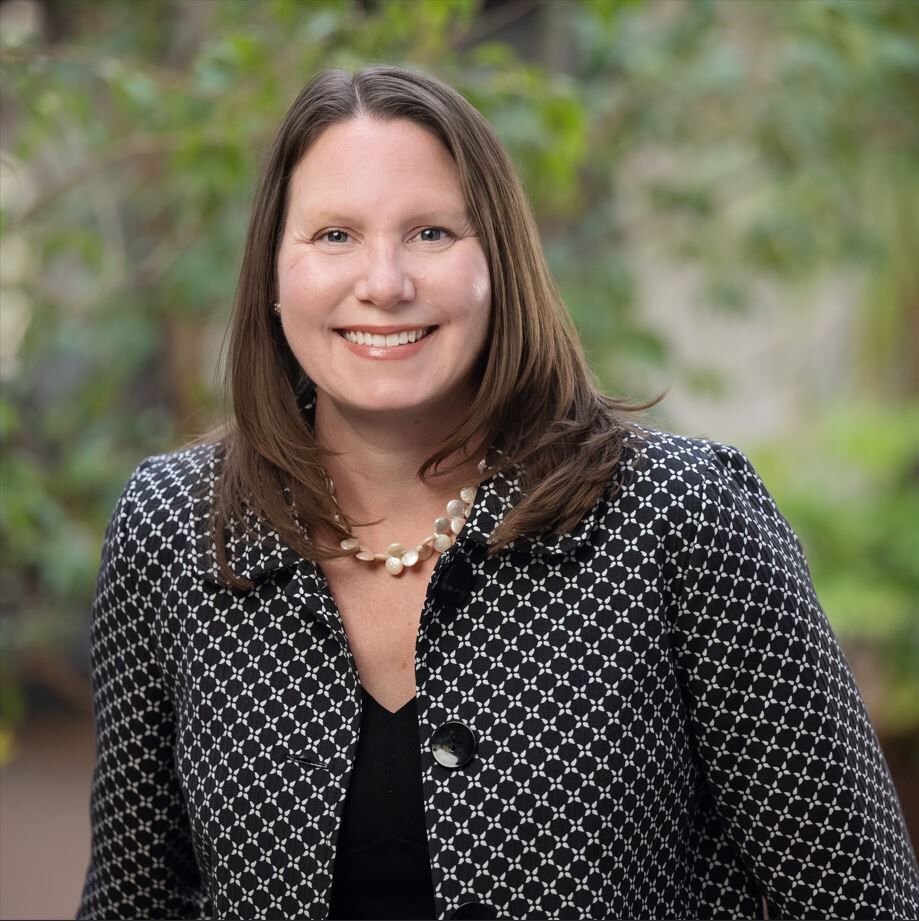State recycling program avoids key questions — namely cost to Coloradans | OPINION

When Colorado’s legislature passed the Extended Producer Responsibility (EPR) recycling program in 2022, they needlessly rushed to adopt a program that isn’t a good fit for Colorado. Now that the Colorado Department of Public Health and Environment (CDPHE) released the Needs Assessment and its three proposed program scenarios, Coloradans can now see important questions are left unanswered, particularly, “What’s our cost?”. The Joint Budget Committee must ask about these shortcomings in their upcoming review of this program.
An EPR program means producers of materials, from peanuts, chips, alcoholic beverages and many other products, have to pay into a system to create and extend recycling programs around the state. There’s no doubt Colorado’s recycling rates are dismal. With rates less than half the national average, many Coloradans are reliant simply on their trash bins. But that doesn’t mean EPR, as it is set up now, is the proper solution — for producers or consumers.
EPR programs are meant to increase recycling rates of consumers by somehow charging producers for the packaging they create that goes into the system. In Colorado’s case, there are so many exemptions to this program, Coloradans must ask if it can work with so many producers not paying into a system that will recycle all of the materials proposed to be covered by the minimum recyclable list. Colorado’s proposed program will charge a subset of producers for recycling all packaging (an estimated 3.2 million metric tons), including an estimated 1.9 million tons of material that is produced by exempted businesses.
The producers of one-third of packaging material will be picking up the tab for an entire recycling system, estimated to cost anywhere between $130 million to $290 million per year. That deserves more of an exploration of consequences than the few pages in the Needs Assessment that determine the impact of exempting out two-thirds of the material — that will still find its way into the recycling stream — was “minimal.”
Stay up to speed: Sign up for daily opinion in your inbox Monday-Friday
As yet, there is no plan even from the department, the Producer Responsibility Organization (PRO) or the Circular Action Alliance for identifying and notifying these impacted businesses they will be taxed a fee on each package they sell in the state — or how much that fee will be. Businesses who were looking to the Needs Assessment for guidance on this will just see a huge, unknown dollar sign they are on the hook for.
Before any EPR program begins, the Colorado legislature’s Joint Budget Committee must vote to accept one of the three proposals offered by CDPHE and the PRO — low, medium or high. The Joint Budget Committee needs more information from CDPHE and the PRO to properly evaluate the fiscal impact of the programs and policies passed out of the legislature. The Needs Assessment, rushed as it was, only takes into consideration the data the researchers had access to in the mere weeks they had to study Colorado’s entire recycling and compost systems. Building a program plan based on this needlessly rushed process and data equates to erecting a recycling experiment on quicksand, and at an unknown cost to every Coloradan.
Beyond the state and federal constitutional challenges in this legislation, this program continues to be the wrong solution for our state as it is currently being executed. Colorado needs smart policy solutions that meet our growing needs while fueling our growing economy. This one misses the mark. The Joint Budget Committee would do well to stand up for Colorado consumers and send the program plan back to the legislature for a deep dive into the real costs and needs of this program.
The Joint Budget Committee will have a chance to review the proposed program scenario (which the CDPHE director will choose), and when they do, both producers and consumers should ask they will pump the brakes on this expensive endeavor before it continues its reckless path through Colorado’s consumer economy.
Jaime Gardner is the Executive Director of the Colorado Consumer Coalition.














